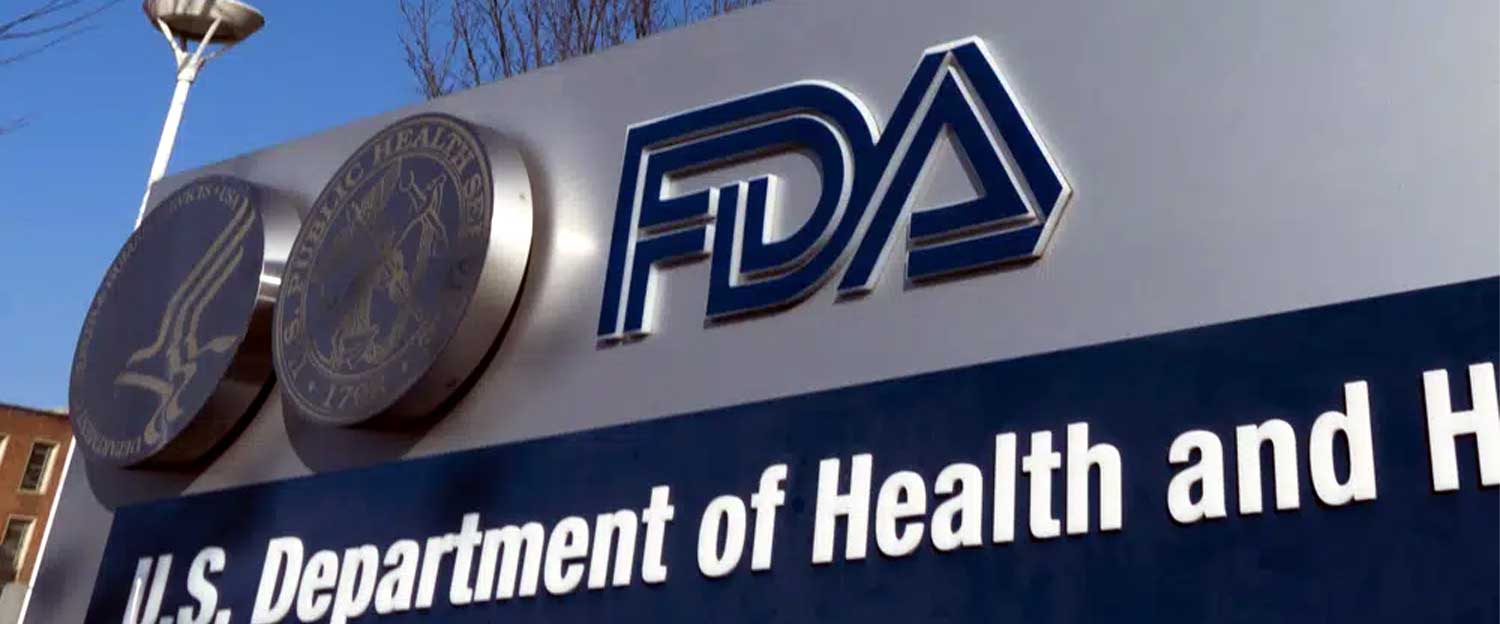First off – What is the Human Foods Program?
The U.S. Food and Drug Administration (FDA) Human Foods Program is a division of the FDA that is responsible for ensuring the safety and proper labeling of food products for human consumption. This program carries out various activities such as inspecting food facilities, monitoring food imports, enforcing food labeling regulations, conducting food recalls, and collaborating with other agencies to promote public health. The Program is an initiative designed to ensure the safety of food and beverages consumed by humans. The program works to protect public health by monitoring the safety of foods, beverages, and dietary supplements. It also ensures that food labeling is accurate and truthful.
The program sets standards for food production and processing, including ensuring that food is free from contamination and adulteration. It also evaluates the safety of new ingredients used in food products. The FDA’s Human Foods Program also monitors the nutritional content of foods to ensure that consumers are getting the nutrients they need in their diets.
The FDA’s Human Foods Program is an important part of ensuring a safe and healthy food supply for all Americans. By enforcing regulations on food production, labeling, and nutrition, they help protect public health while providing consumers with access to quality foods.
What changes are being proposed?
In early 2023, the FDA Commissioner announced support for a proposal that calls for new structures within the Human Foods Program. The proposals come from internal and external reviews after the FDA was roundly criticized for its poor handling of a lengthy US infant formula shortage along with criticism that it was too slow to handle other nutrition and food safety issues.
If implemented, the key change will the appointment of a single director who would be in charge of overall food safety, policy, strategy and regulatory activities for the part of the agency that oversees 80% of the foods Americans eat. The director would hold the title of deputy commissioner and would report to the head of the agency. The changes would reform human food programs and the FDA’s Office of Regulatory Affairs, which handles inspections, laboratory testing, import and investigative operations.
What does it mean?
This is essentially a bureaucratic re-organization in response to a scathing report that found FDA’s food division is plagued by decentralized leadership, indecisiveness and a culture of turmoil. To the extent that these conditions contribute to a safe food supply, the average consumer may (or may not) notice a better functioning system in the future. Success assumes that a change in management structure will address deeper resource and budget problems. Some of this is political posturing so – in other words – we’ll have to wait and see.

